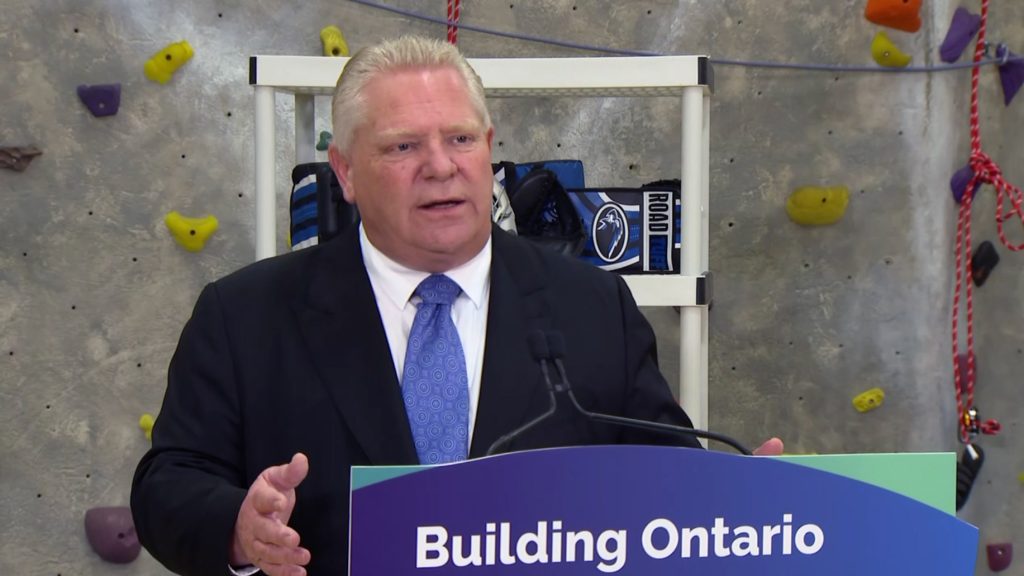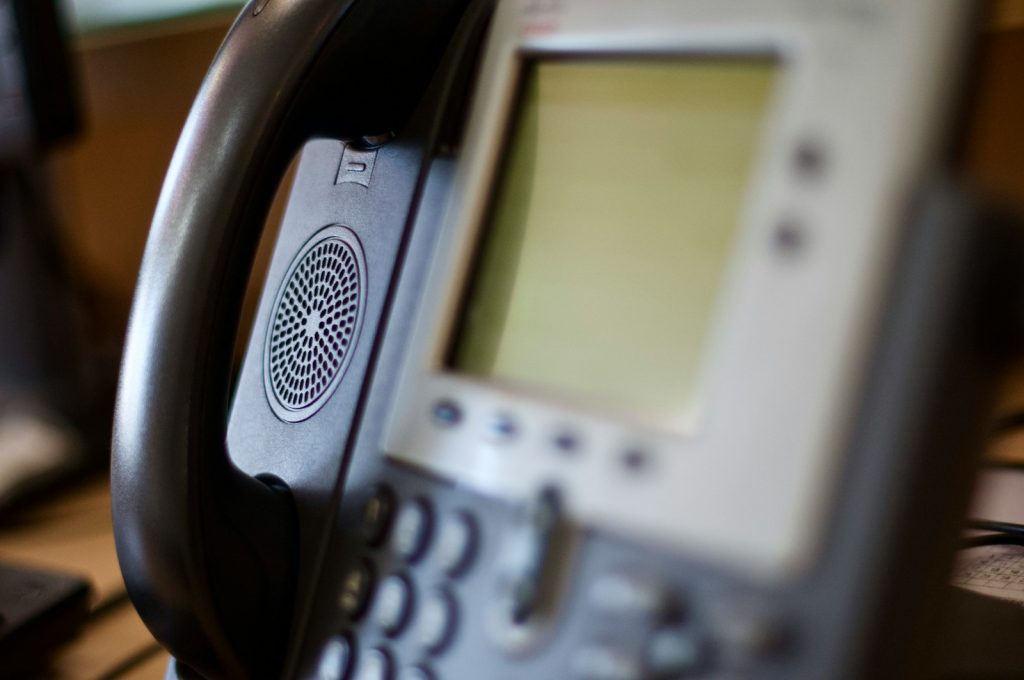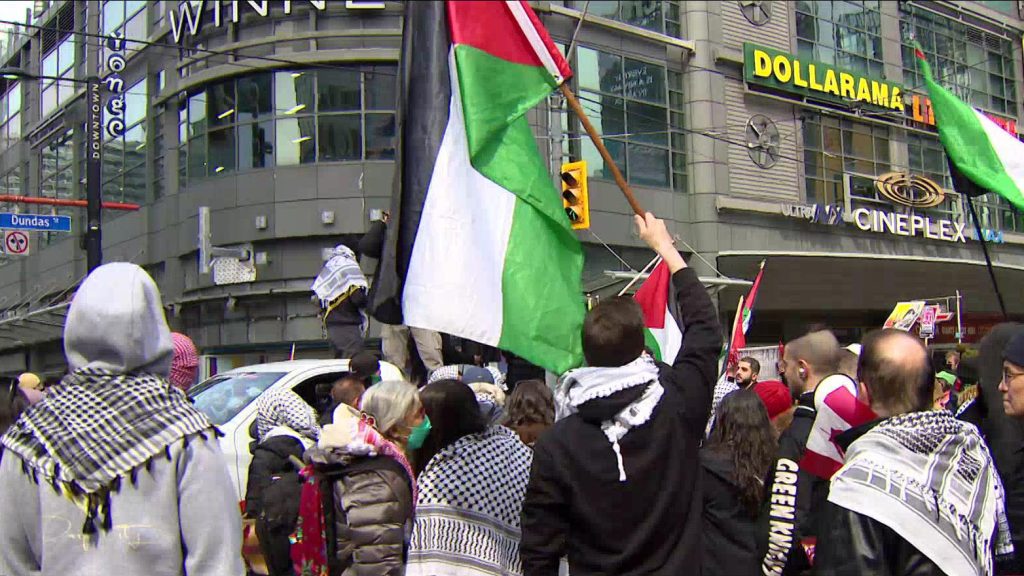Some Venezuelan-Canadians say Ottawa right to block expats from voting in election
Posted May 17, 2018 3:17 pm.
Last Updated May 17, 2018 5:40 pm.
This article is more than 5 years old.
MONTREAL – Representatives from two Venezuelan-Canadian community groups expressed cautious support Thursday for Ottawa’s decision to block Venezuelans in Canada from casting ballots in the South American nation’s weekend presidential election.
Rebecca Sarfatti of the Canada Venezuela Democracy Forum said she originally didn’t believe it when she heard Canada wouldn’t allow voting stations inside the Venezuelan Embassy and consulates.
“(I thought), how can this be possible? It was a shock for me,” she said in a phone interview from Toronto.
“But as a Venezuelan community member, I can tell you the Venezuelan community is extremely happy, because Canada has stood up for democracy and for doing things the right way.”
Sarfatti said she received a message from the Venezuelan Embassy in Toronto only two weeks ago asking her if she’d help to organize the voting as she has in the past, but she refused.
“I replied to them that I couldn’t do it this time because I was not satisfied with the way this election has been called, who called it, how its been called, the legal part of it,” she said.
Venezuelan Foreign Affairs Minister Jorge Arreaza said Wednesday that Canada is preventing residents from casting ballots in Sunday’s election by not permitting voting stations inside the embassy and consulates.
In a letter from Global Affairs Canada that Arreaza published to his Twitter account, Ottawa acknowledged having received a note about establishing voting centres and a request for RCMP protective services.
“The Department hereby notifies the Embassy that the government of Canada has not processed its request favourably,” reads the note dated May 16.
“As a result of this decision, the Embassy and the Consulates General are now required to manage compliance therewith and refrain from proceeding with the establishment of voting stations.”
Global Affairs Canada did not respond to a request for comment, although Canadian officials confirmed the decision with The Associated Press.
While the letter did not give a reason for the decision, Ottawa has emerged as a vocal critic of President Nicolas Maduro, who is seeking a second term.
Canada and several other countries have called on Venezuela to suspend the election in the absence of guarantees the process will be free and democratic
“Canada rejects the holding of an illegitimate presidential election that bars the opposition and a free press—and only serves to further entrench a dictatorial regime,” Foreign Affairs Minister Chrystia Freeland said in a statement earlier this week.
Orlando Viera-Blanco of the Canadian Venezuelan Engagement Foundation called Ottawa’s decision a “legally correct and right one” given the election process.
But he wishes international leaders had instead taken the opportunity presented by the vote to mobilize the Venezuelan population, which is suffering from a humanitarian crisis marked by food and medicine shortages, crime and rampant inflation.
The lawyer said he appreciates Canada’s leadership for denouncing the government and providing humanitarian aid to his home country, which he says is in the midst of a “catastrophic” human rights crisis.
“We have no institutions, no justice, no impartial or transparent elections, no guarantee of life, or freedom of speech,” he said in an interview. “It’s totally broken.”
While the Venezuelan government has denounced Canada’s decision as anti-democratic, Sarfatti says she doesn’t believe many Venezuelans in Canada will be upset at being denied the right to vote in an election process that is widely perceived as illegitimate.
“What’s the point of doing this?” she said. “We know the result of it.”
She said she wouldn’t be surprised if Venezuelan officials decide to defy the Canadian government’s instructions and hold a vote regardless.
— With files from The Associated Press










